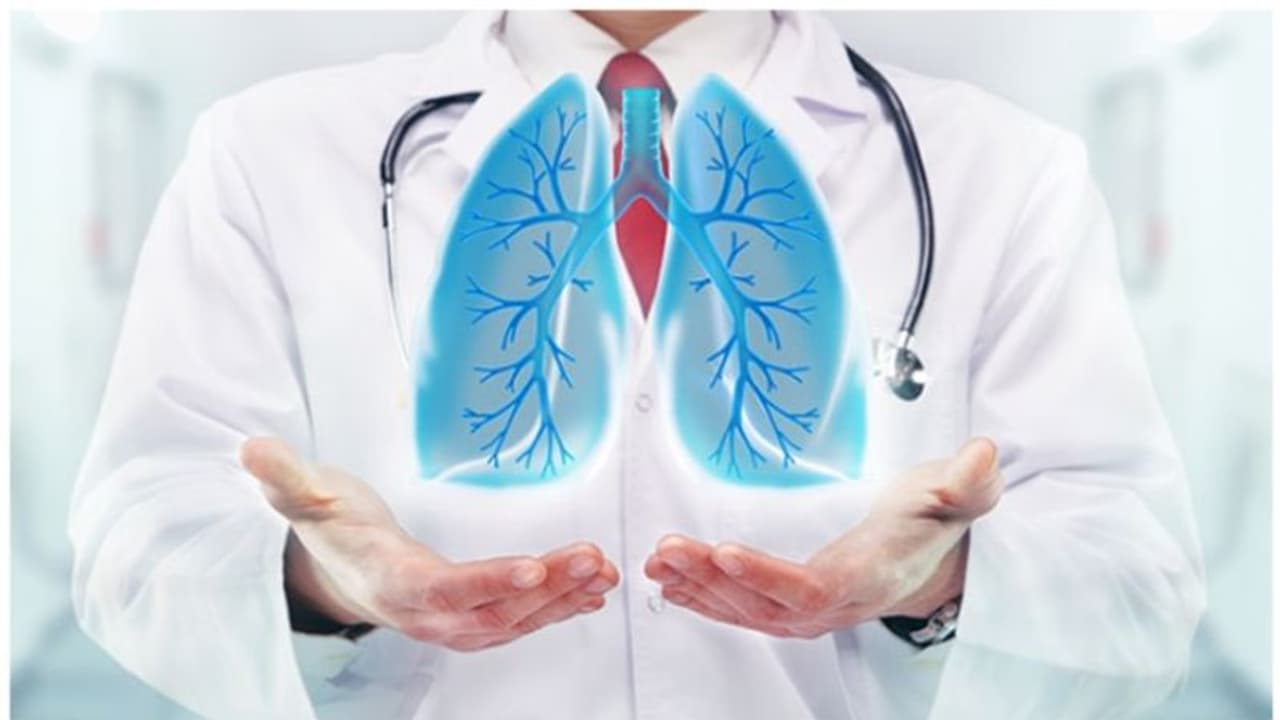Lung health requires exercise, stopping smoking, and reducing pollution. An antioxidant-rich, anti-inflammatory diet promotes respiratory function. Hydration keeps mucous membranes moist, improving breathing.
Lung health and well-being are critical for general well-being because the lungs are important in oxygenating the body and eliminating CO2. Healthy lungs provide practical respiratory function required for physical exertion, mental clarity, and immune system functioning. Regular exercise, quitting smoking, and limiting exposure to pollutants are all essential for preserving lung health. A healthy diet high in antioxidants and anti-inflammatory foods improves respiratory function. Staying hydrated helps keep mucous membranes wet, allowing for more efficient breathing.

Breathing exercises and practices, such as yoga, can improve lung capacity and efficiency. Regular medical check-ups can help diagnose and control illnesses such as asthma, COPD, and lung infections in their early stages. Individuals prioritising lung health via lifestyle choices and preventative care can improve their quality of life, lower their risk of chronic respiratory disorders, and boost overall health and lifespan.
Also Read: Investment Banker to CA-7 highest paying bank jobs in India
Lung health and wellness are crucial for overall well-being:-
Quit smoking
Smoking is the most common cause of lung illness and cancer. Tobacco smoke contains:
- Harmful compounds that damage the lungs.
- Causing chronic obstructive pulmonary disease (COPD).
- Emphysema.
- Lung cancer.
Quitting smoking can greatly improve your lung health.
Engage in regular physical activity
Physical exercise enhances lung function and elevates oxygen levels. Walking, running, swimming, and cycling improves lung capacity and efficiency, making breathing easier.
Minimise Exposure to Pollutants
It is crucial to avoid air pollution, secondhand smoke, and strong chemicals. Pollutants cause inflammation and damage to lung tissues. Stay indoors on poor air quality days, use air purifiers, and avoid harmful fumes.
Practice Breathing Exercises
Breathing exercises like diaphragmatic breathing strengthen lung muscles and improve lung capacity. These exercises involve deep, slow breathing that engages the diaphragm, promoting relaxation.
Stay Hydrated
Drinking plenty of water keeps mucosal linings in the lungs thin, aiding lung function. Proper hydration helps remove mucus and other substances that obstruct airways.
Also Read: Out of jail, gangster holds celebratory rally in Maharashtra, sent back to prison
Manage Stress
Stress can worsen lung conditions. Engaging in stress-reducing activities like meditation, yoga, and mindfulness helps manage stress and improve lung health.
Eat Antioxidant-Rich Foods
A diet rich in antioxidants supports lung health. Fruits, vegetables, and whole grains contain vitamins and minerals that protect lung tissues from damage and reduce inflammation.
Ensure Proper Ventilation
Ensure your home is well-ventilated and avoid strong chemicals that can irritate the lungs. Clean air filters regularly and uses natural cleaning products to maintain good indoor air quality.
The Role of Vaccination
Vaccination is crucial for lung health. Vaccines protect against diseases like flu, pneumonia, and whooping cough, which can severely affect lung health, especially in vulnerable populations. Vaccines reduce the risk of complications and protect against secondary infections that can complicate existing lung conditions like COPD.
Taking care of your lungs is a long-term investment in your overall well-being. By following these tips and being mindful of your lung health, you can breathe easier and live a healthier life.
-By Dr Manjunath P H, Consultant Interventional Pulmonologist, Gleneagles BGS Hospital, Bengaluru
